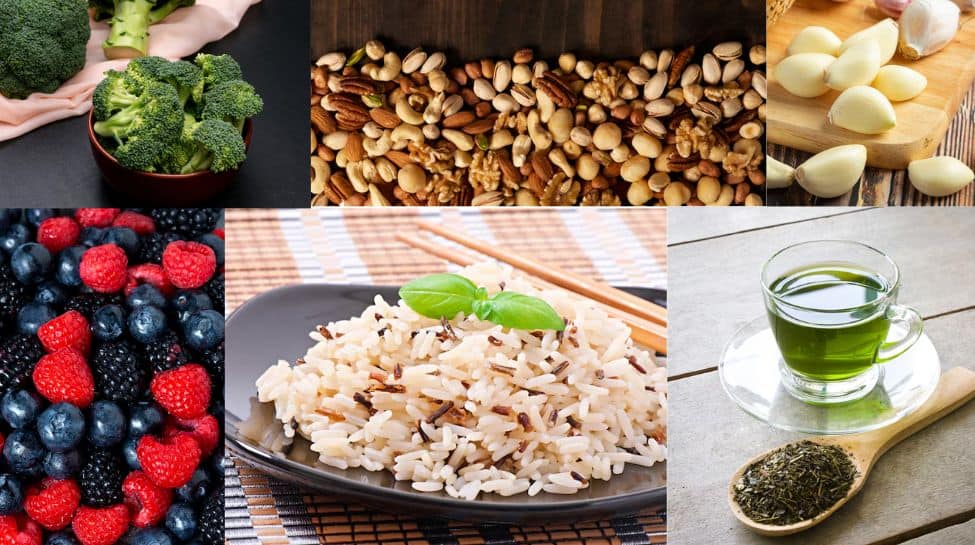Cancer is one of the leading health challenges worldwide, but research suggests that diet can play a powerful role in reducing risk. While no single food can completely prevent cancer, certain nutrient-rich options may help protect the body against cell damage, inflammation, and oxidative stress, all of which are linked to cancer development.
Including these foods in your daily meals can contribute to long-term health and resilience.
1. Broccoli and Other Cruciferous Vegetables
Broccoli, cauliflower, kale, and Brussels sprouts contain sulforaphane, a compound believed to reduce cancer cell growth. These vegetables are also high in fiber and antioxidants, which support detoxification and cellular health.
2. Berries
Blueberries, strawberries, and raspberries are rich in antioxidants such as anthocyanins and vitamin C. These compounds help fight free radicals, protect DNA, and reduce inflammation, lowering the risk of certain cancers.
3. Tomatoes
Tomatoes are packed with lycopene, a powerful antioxidant associated with a reduced risk of prostate and stomach cancers. Cooking tomatoes (like in sauces and soups) actually increases lycopene absorption.
4. Garlic
Garlic contains sulfur compounds that may boost immunity and help stop cancer-causing substances from forming in the body. Studies suggest that regular garlic consumption may lower risks of stomach, colorectal, and breast cancers.
5. Turmeric
Curcumin, the active compound in turmeric, has strong anti-inflammatory and antioxidant effects. Research indicates it may inhibit tumor growth and slow the spread of cancer cells. Adding turmeric with black pepper improves its absorption.
6. Green Tea
Rich in catechins (especially EGCG), green tea is known for its cancer-fighting potential. Drinking green tea regularly has been linked to reduced risks of breast, liver, and prostate cancers.
7. Leafy Greens
Spinach, kale, and Swiss chard are loaded with carotenoids, folate, and fiber. These nutrients not only boost overall health but also help protect against cancers of the mouth, throat, and stomach.
8. Nuts and Seeds
Almonds, walnuts, flaxseeds, and chia seeds are excellent sources of healthy fats, antioxidants, and plant compounds like lignans. Regular consumption has been associated with lower risks of colon and breast cancers.
9. Whole Grains and Legumes
Brown rice, oats, lentils, and beans are high in fiber, which promotes digestive health and reduces the risk of colorectal cancer. Whole grains also contain phytonutrients that may block cancer development.
(This article is meant for informational purposes only and must not be considered a substitute for advice provided by qualified medical professionals.)

